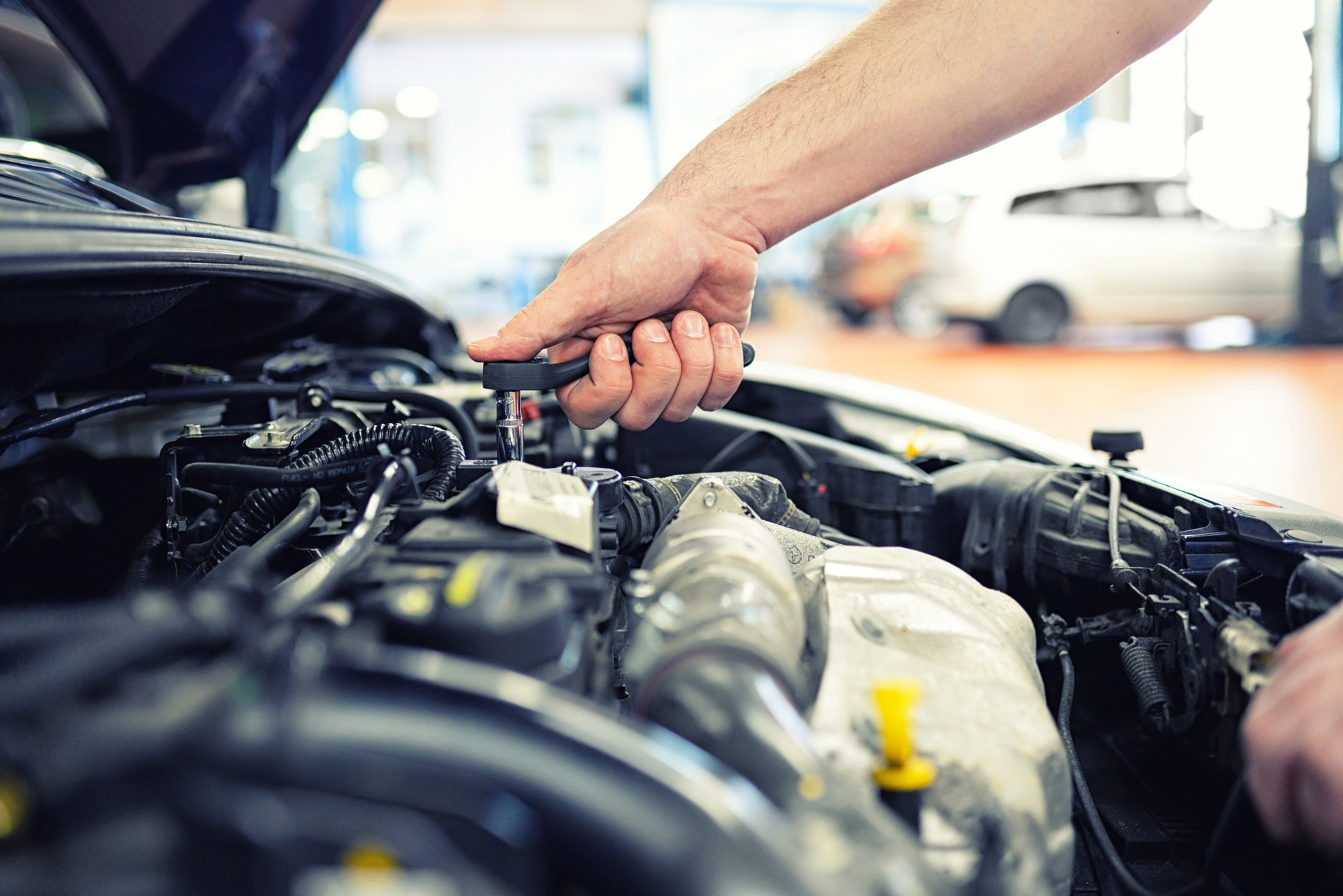Well, there are actually several reasons why this might be happening to your vehicle, Richmond car repair including damage to spark plugs or misfiring cylinders. To help you figure out why your car is jerking while accelerating—or even at stop signs—we’ve put together this handy guide that includes everything from common causes of car jerking to effective ways to fix the problem.
A bad or clogged fuel filter
The fuel filter is located near the gas tank and cleans the fuel before it reaches your engine. The filter can get clogged, causing the car to jerk while accelerating and stalling out. A bad or clogged fuel filter is something that you should check if you’re experiencing jerking, stalling and poor performance in your vehicle.
Faulty spark plugs or plug wires
If the spark plugs are worn, dirty or damaged, they will not work properly. This can cause the car to jerk and hesitate when accelerating. If you believe that this may be causing your jerking problem, you should replace them with a new set of good-quality ones.
Carefully unscrew each spark plug from its place using a wrench
Take out the old spark plugs carefully and make sure not to touch them with bare hands as this will cause dirt on your hands which could then get into your engine when you put in new plugs later on!
Note: Be sure not to over-tighten or under-tighten these parts because doing so could damage them further or strip threads off completely!
An unbalanced mass airflow sensor
The mass airflow sensor (MAF) is a small device that measures the amount of air entering your engine. It sends information to the engine’s computer, which then tells it how much fuel to inject into the cylinders. If there’s no signal from this sensor, your car will run poorly and not get up to speed.
To test whether you have an issue with your MAF:
Remove the air filter cover and use compressed air or a vacuum cleaner to blow out any dust or dirt that may be inside it. Reinstall in reverse order before starting the engine again.
A loose gas cap
A loose gas cap can cause serious jerking, but it’s a pretty easy fix. First and foremost, make sure that your gas cap is on tightly. If you have any doubts about the tightness of your car’s gas cap, you should check it with a fuel gauge to make sure that no air is leaking into the tank while driving.
Next, check to see if there are any cracks or dents in the plastic cover of your cap that would let air get inside.
If everything looks good so far, check to ensure that nothing has spilled onto or near your car’s gas tank; this could cause problems too!
Finally, double-check for missing keys! If someone took off with them in their pocket or purse without realizing it (or forgetting about them), then they could end up jamming up one of those little holes where air would normally escape from below before entering through its top opening into said pocket/purse.
Too much pressure in the engine
Too much pressure in the engine is one of the most common reasons a car jerks when accelerating. The reason for this is that too much pressure can cause the engine to stall or it can make it overheat.
There are two ways to test for too much pressure: one is by using a pressure gauge and the other is by adding oil. If either of these tests shows that there’s too much pressure then your car will jerk when you accelerate because the excess pressure will cause issues with your vehicle’s operation. A variety of issues can cause car jerking, and it’s important to diagnose and repair problems early on. You can find out what the problem is by taking your car to a mechanic, or you can check the problem yourself if you’re mechanically inclined.
Conclusion
A car jerking while accelerating can be a pretty serious issue. It’s important to diagnose and consult Richmond car repair problems early on, especially if they relate to the engine or transmission. Taking action as quickly as possible will prevent your car from breaking down entirely, leading to more expensive repairs later on down the road. These helpful tips and tricks should help you get started with repairing your vehicle, but remember that every vehicle is different so it may not always apply. If you’re still not sure about what’s going wrong with your ride after following these steps, don’t hesitate to seek professional help from an Automotive technician!

